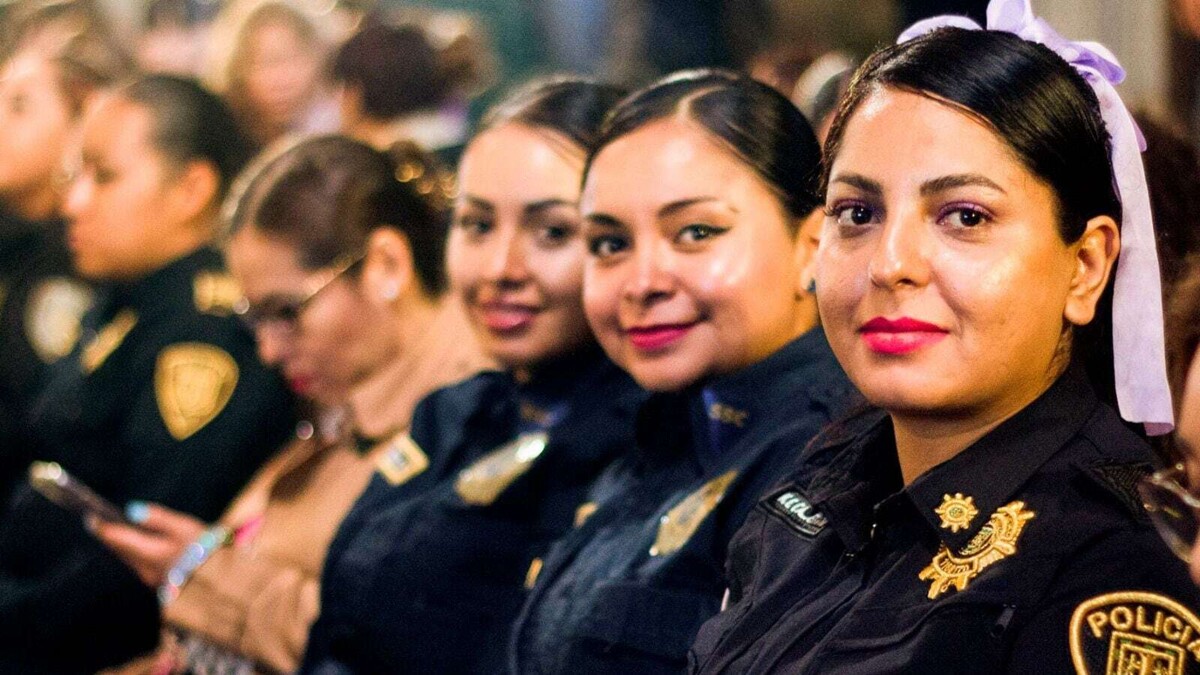
The police have traditionally been a body made up predominantly of men, with little female presence in its ranks. However, there is currently advocacy for greater inclusion of women in leadership positions within this institution. It has been shown that women feel safer interacting with officers who understand and take their problems seriously, which can significantly improve the experience of crime victims.
According to a survey conducted in 2023, only about 5.22% of police positions worldwide are held by women, while the overwhelming majority of violent crimes are committed by men. This raises the need to increase female representation in the police, not only for the sake of equality but also to promote a more empathetic and effective force in the fight against crime in society.
In countries like the United Kingdom, where only 12% of police personnel are female and only 3% hold leadership positions, programs are being implemented to encourage the inclusion of women in the police force. These initiatives aim to not only benefit crime victims but also to create a more inclusive and equitable working environment within the police.
The program in question is part of the United Nations HeForShe Alliance and has proven effective in promoting a more collaborative and understanding police culture, with greater support for victims. María Stanley, who is responsible for this program, emphasizes the importance of having women in leadership roles to transform the traditional perception of the police as a predominantly male institution.
In conclusion, the inclusion of more women in the police is essential for improving safety and empathy within the police force. It is necessary to continue pushing these changes to build an institution that reflects the diversity of society and provides support to all individuals. Programs like the one implemented in the United Kingdom are examples of how inclusion and representation can positively transform police interaction with the community.














